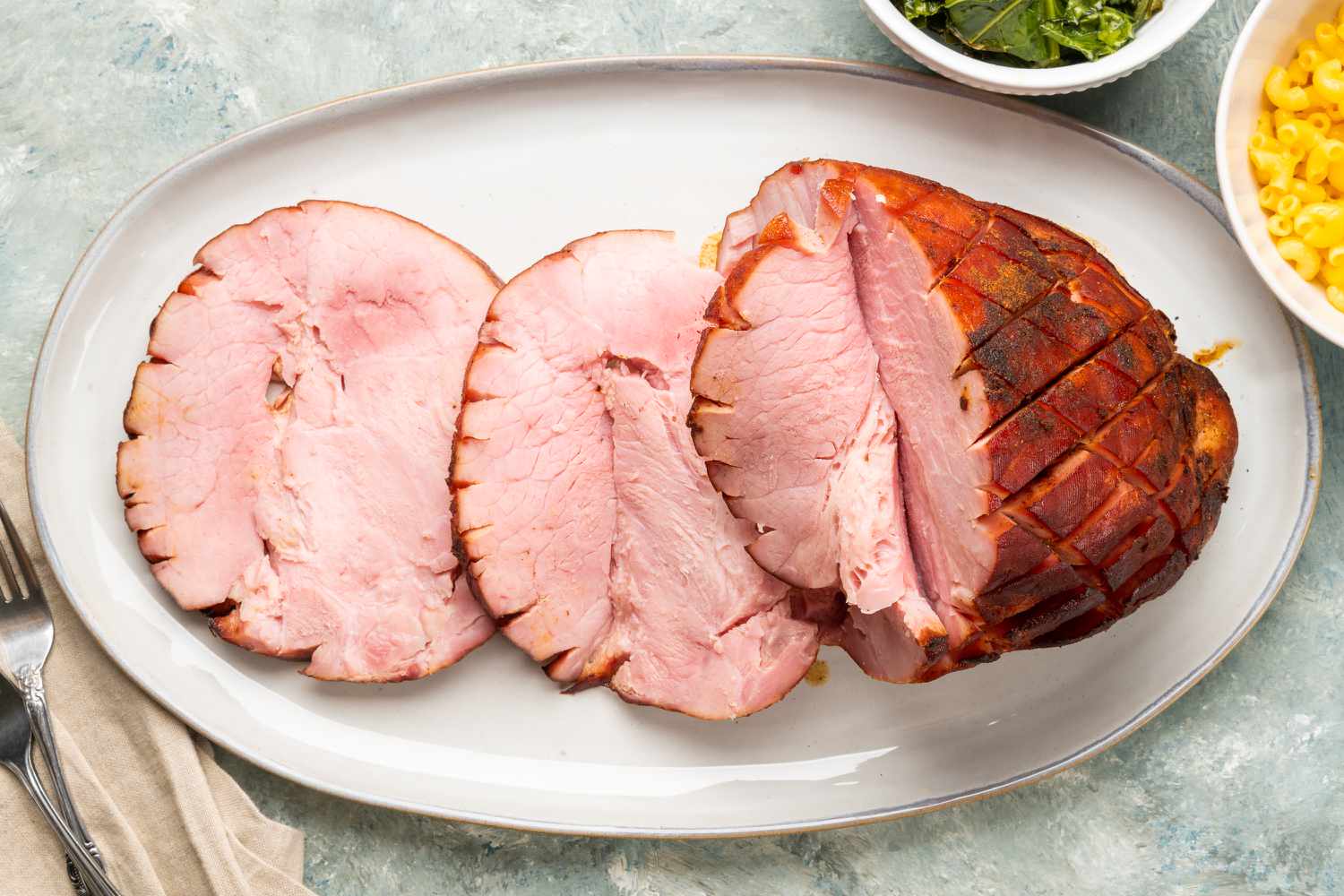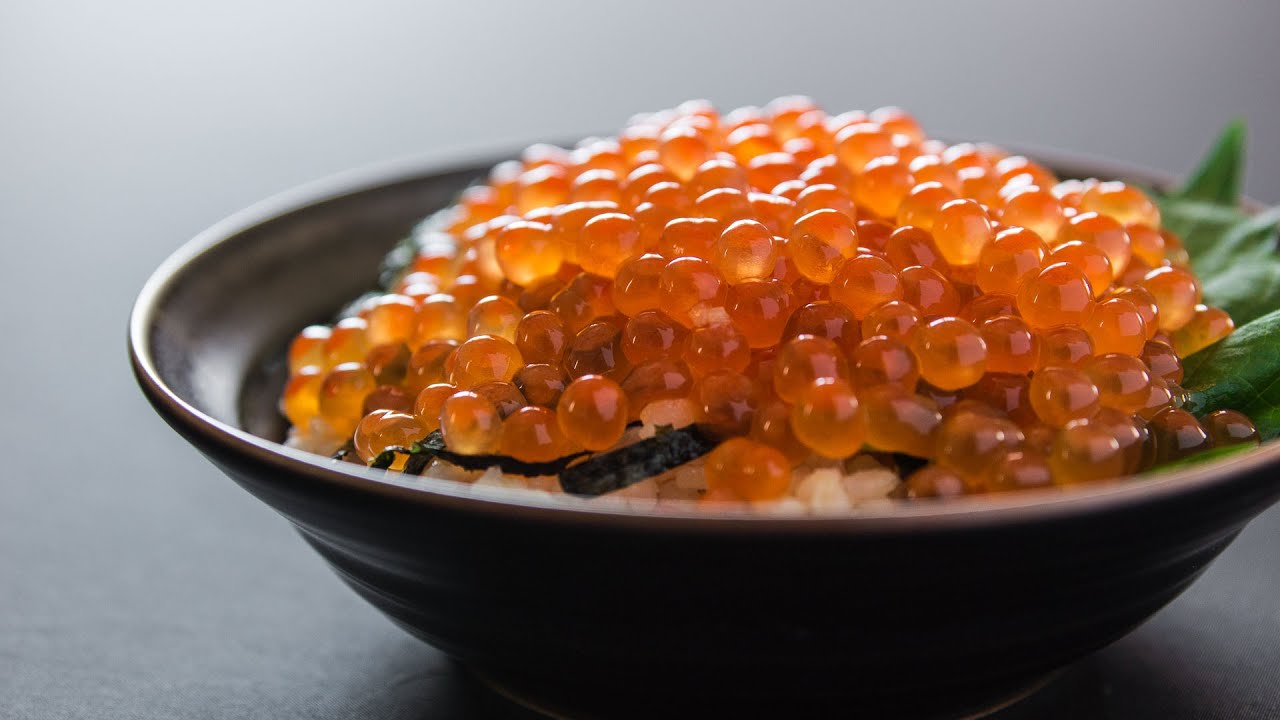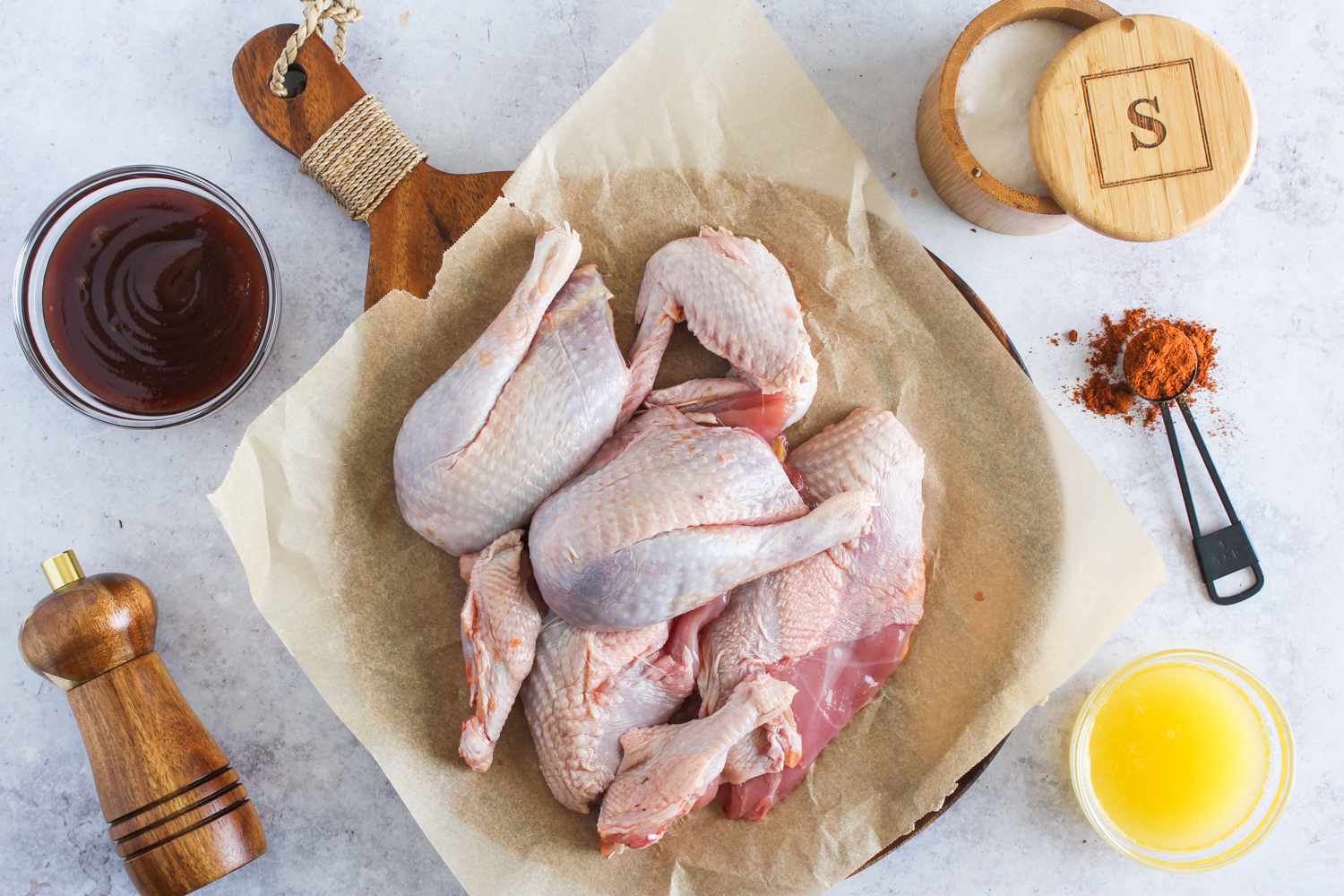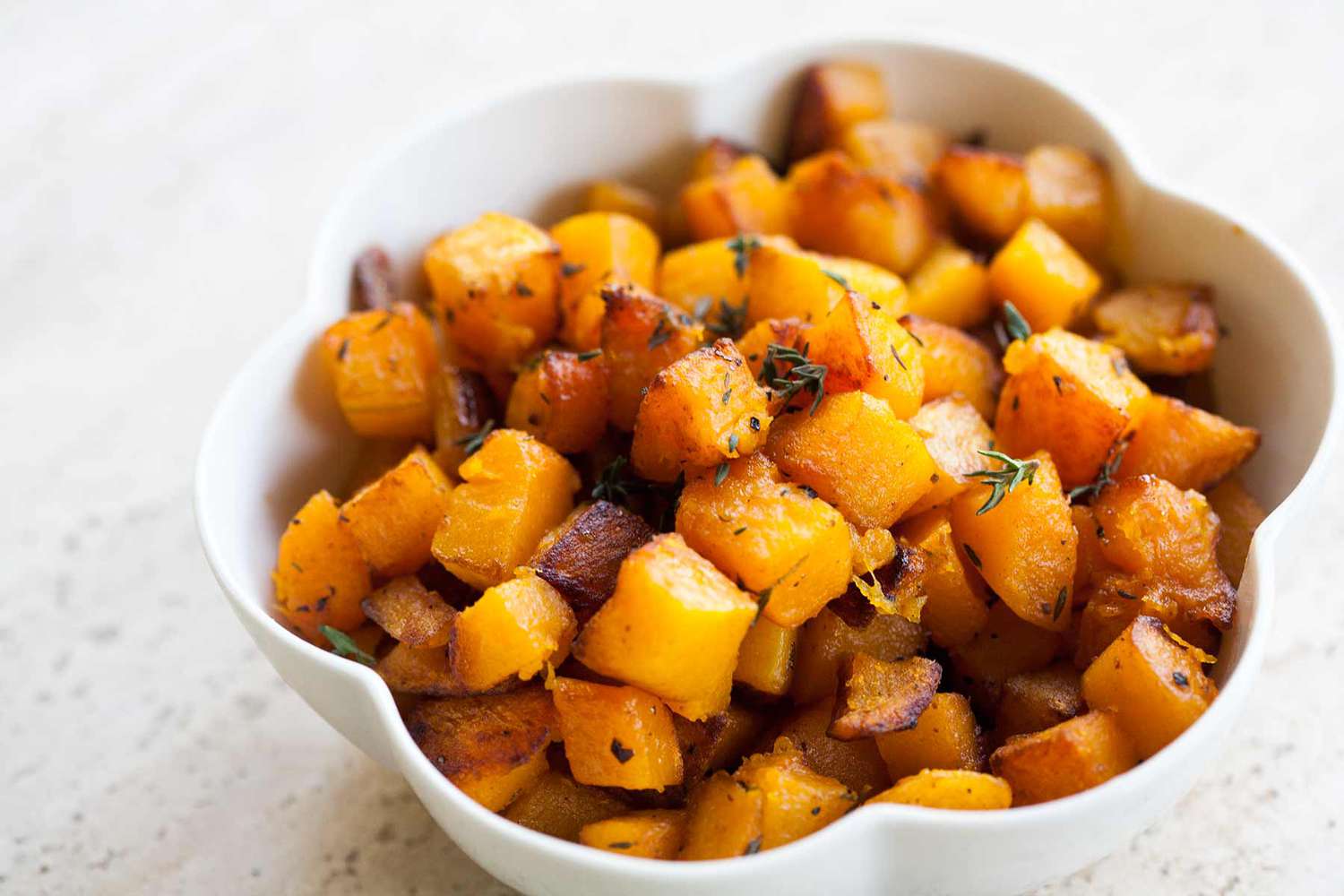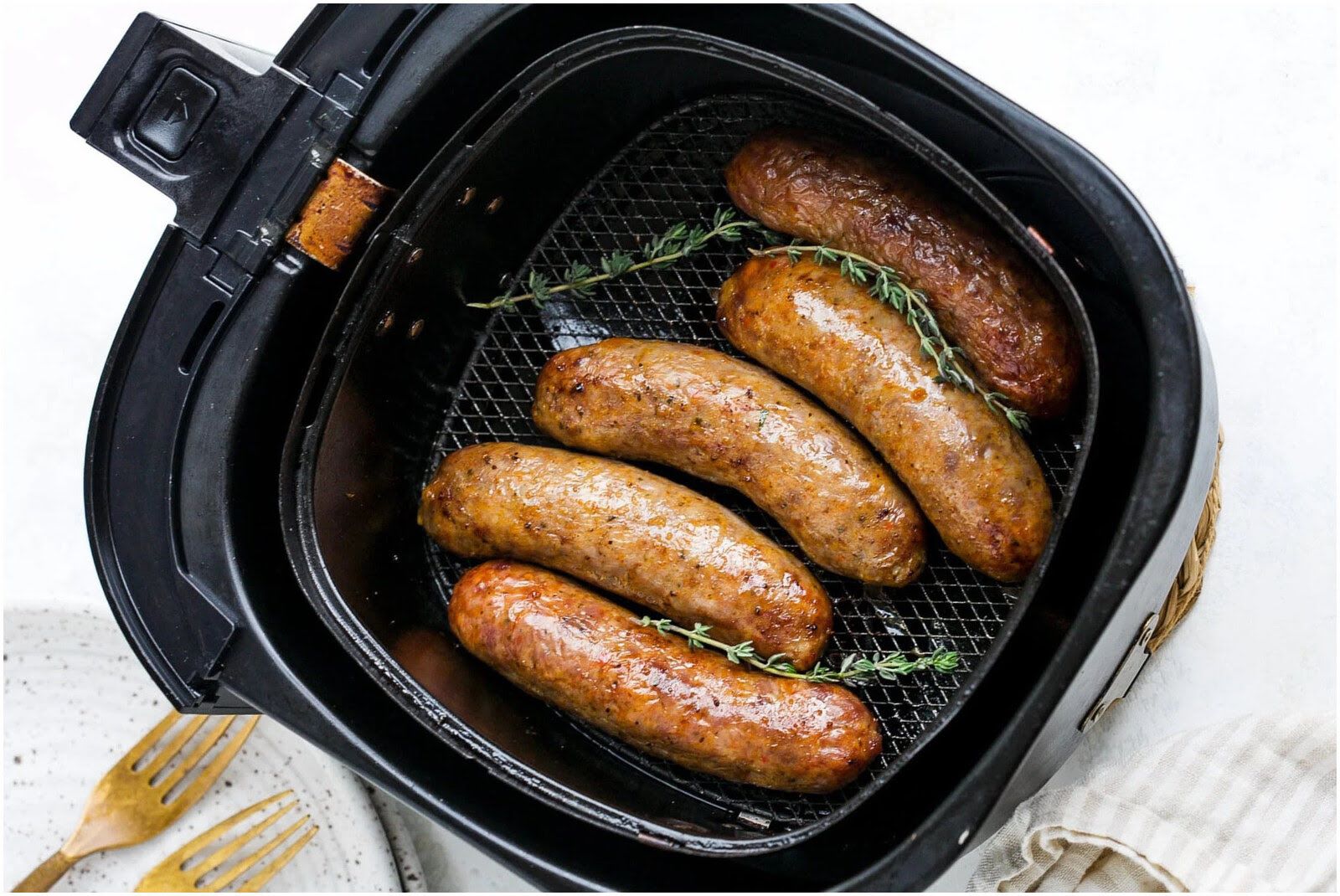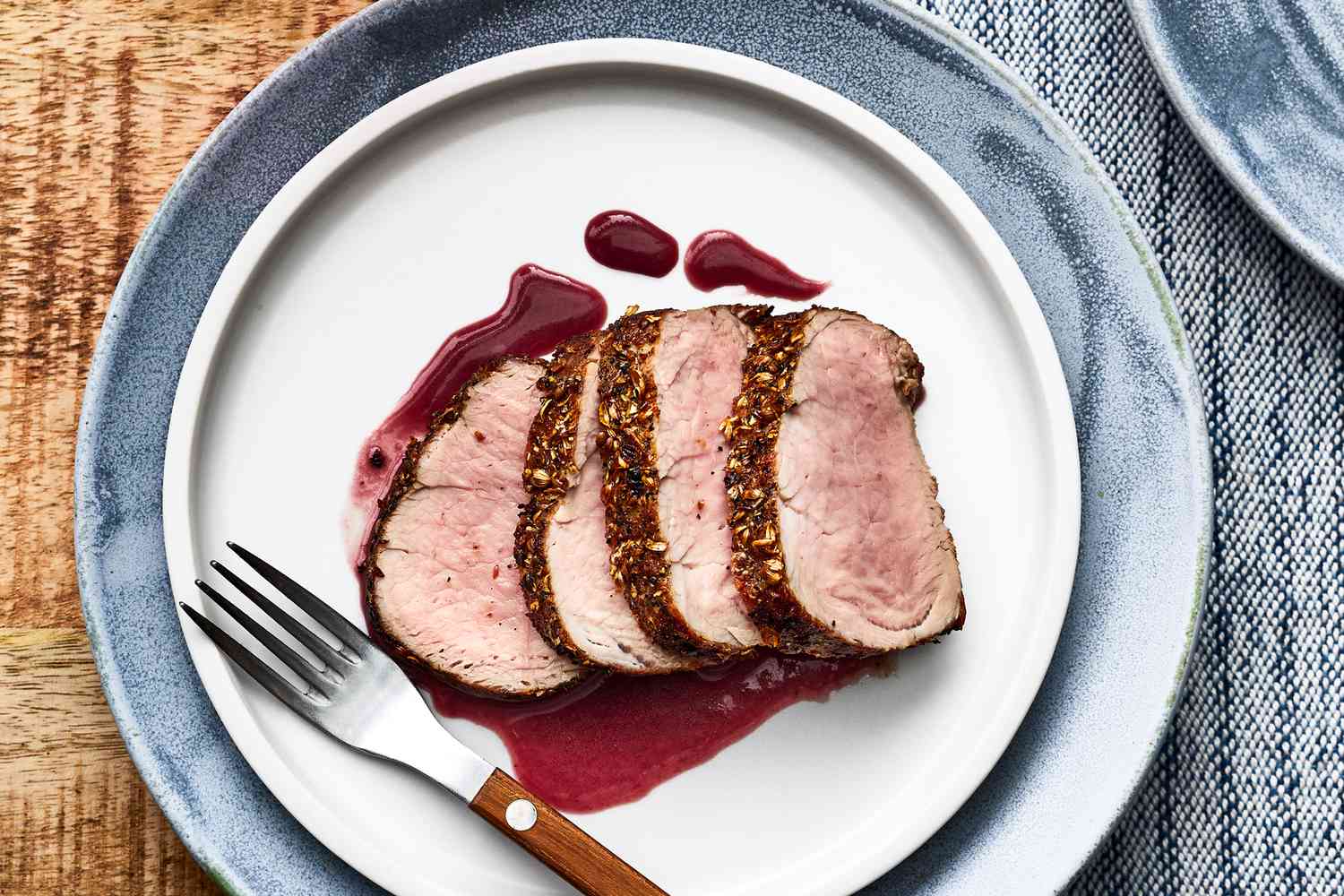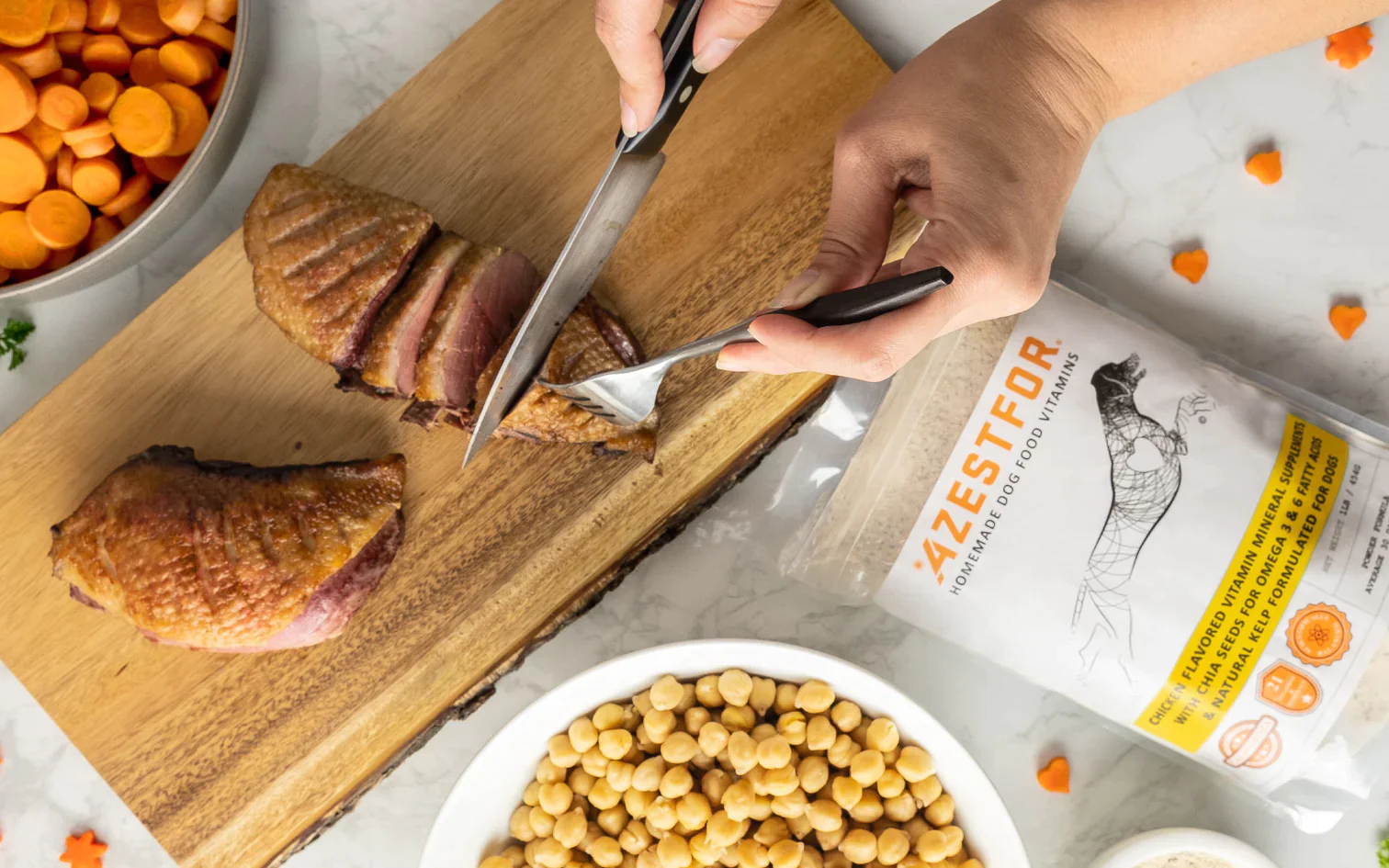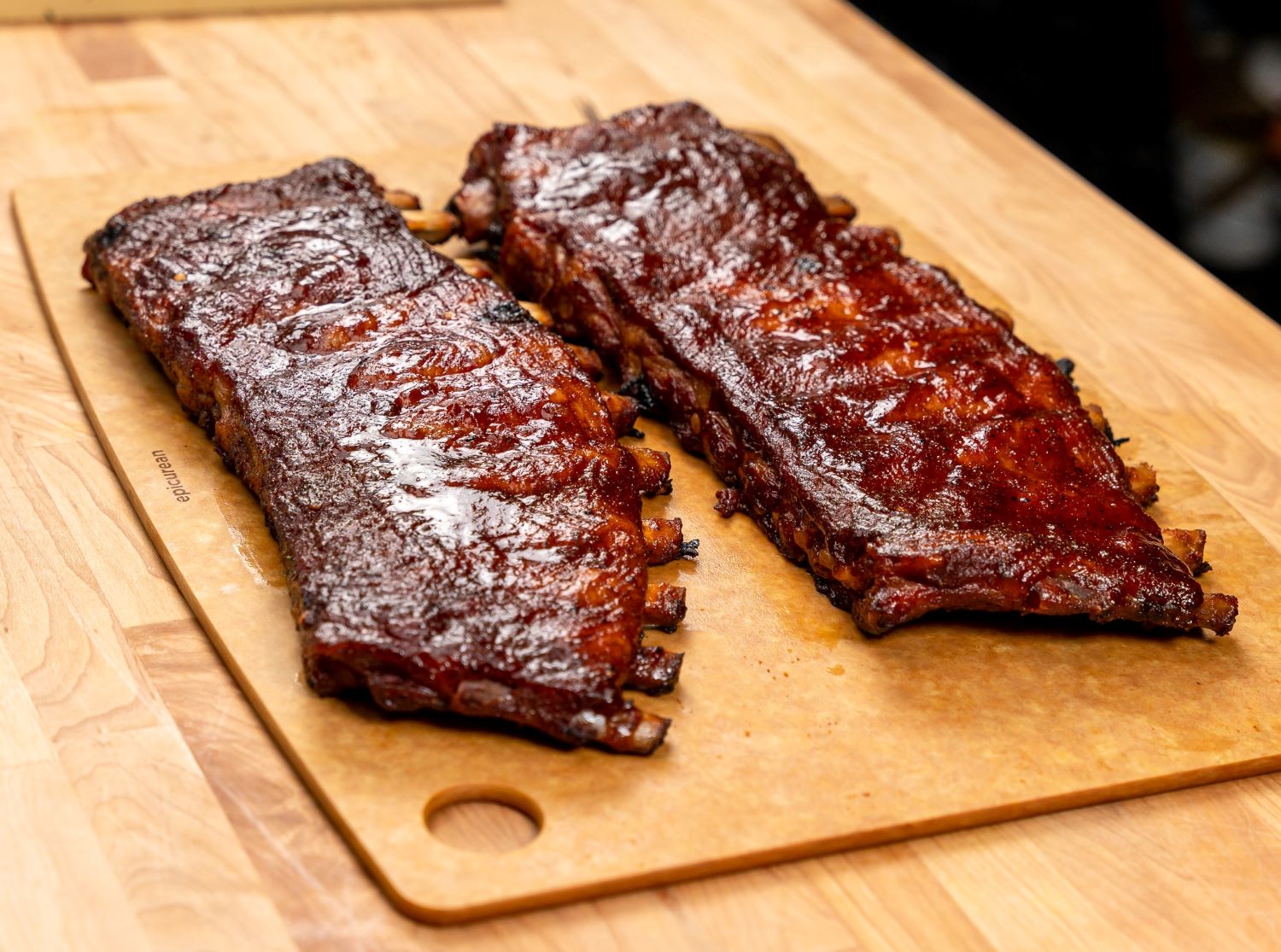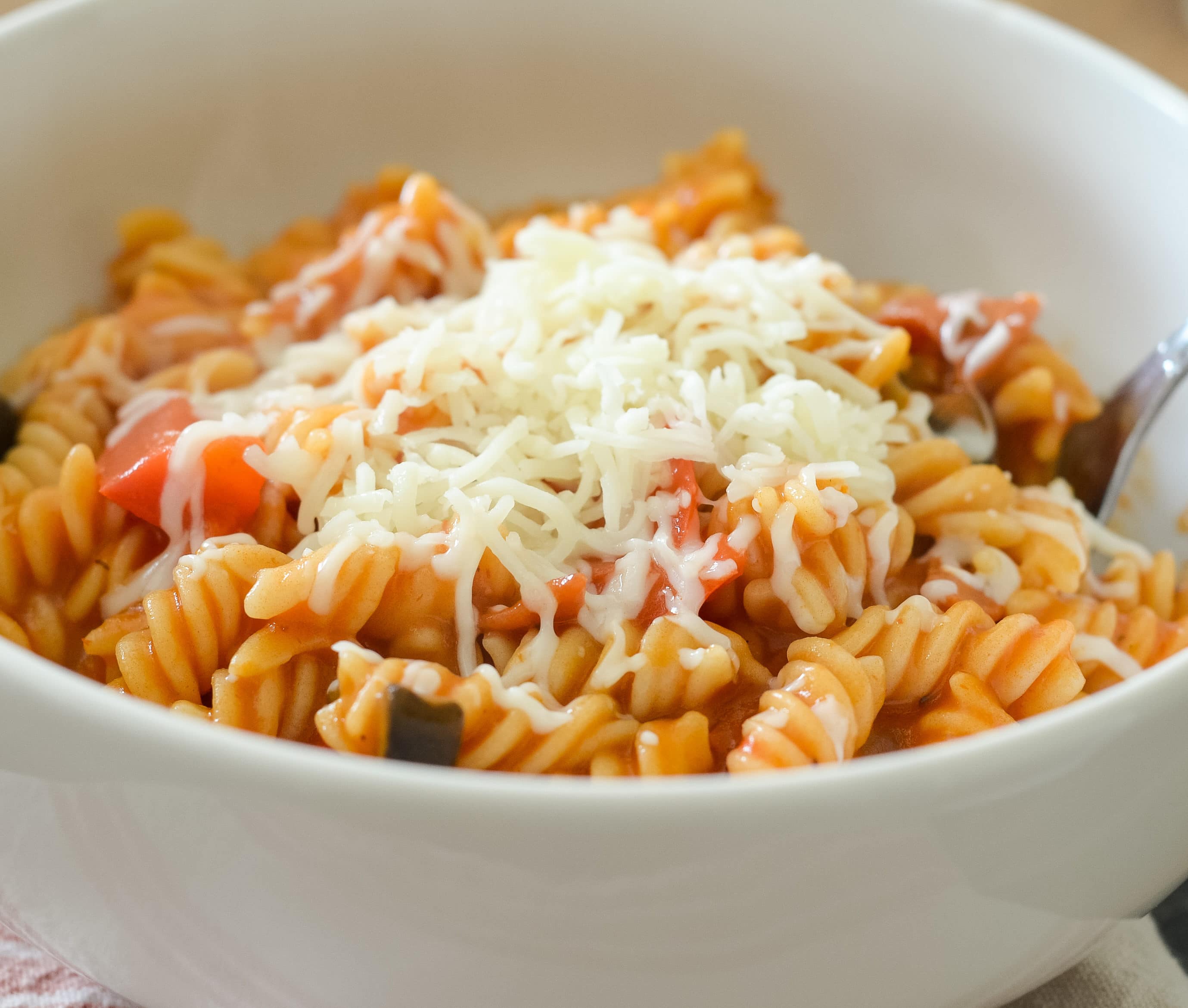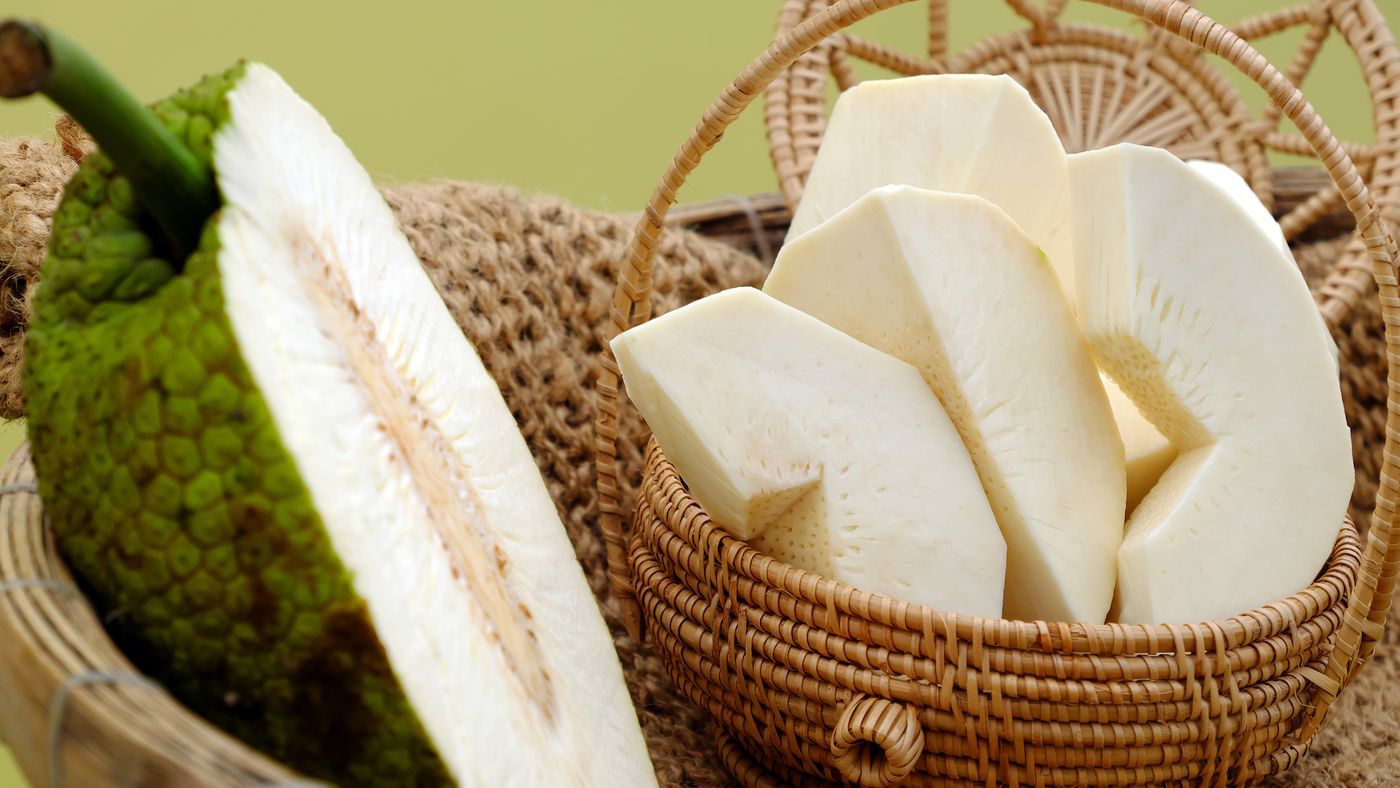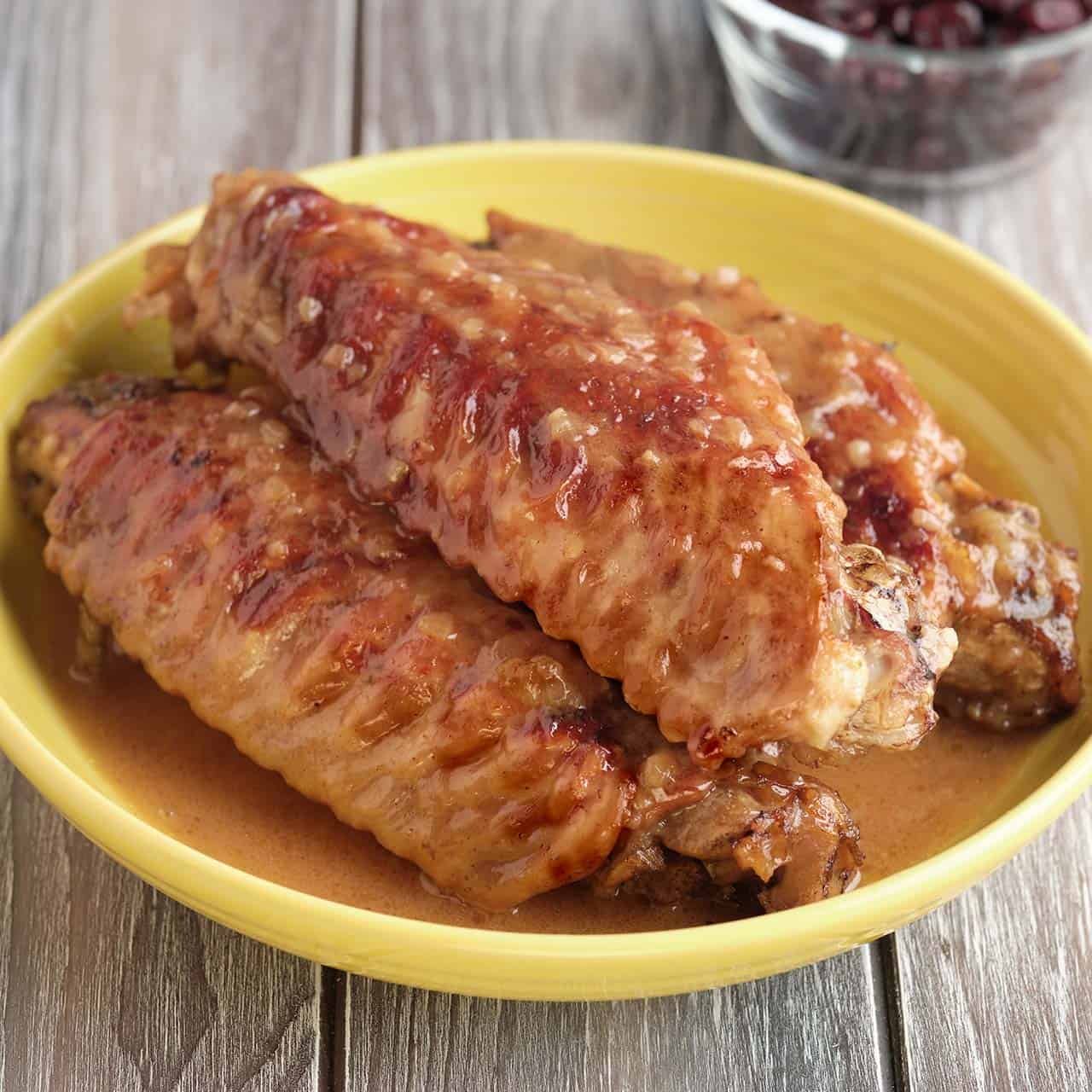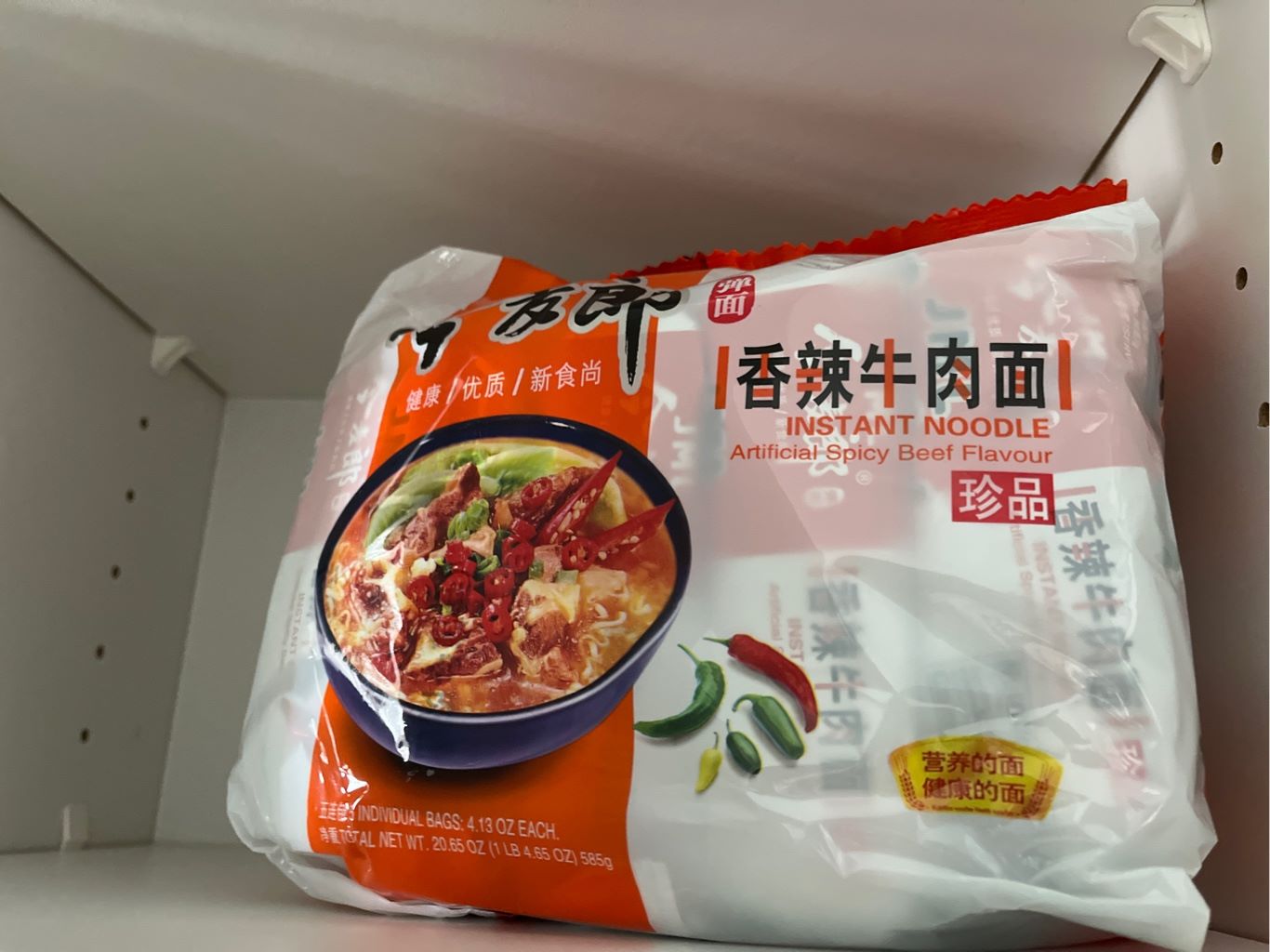Unleash Your Culinary Skills: Cooking a Savory Smithfield Half Ham
Gathering around the table for a hearty and delicious meal is a cherished tradition in many households. And what better centerpiece for such a gathering than a mouthwatering Smithfield half ham? Whether you’re hosting a festive celebration or simply looking to elevate your Sunday dinner, cooking a Smithfield half ham is easier than you think. Follow this step-by-step guide to create a culinary masterpiece that will have your taste buds dancing with delight.
Getting Started: Prep Work
Before diving into the cooking process, make sure you have all the necessary ingredients and equipment at hand. Here’s what you’ll need:
- A Smithfield half ham
- A roasting pan
- Aluminum foil
- A sharp knife
- A meat thermometer
Step 1: Thawing the Ham
If your Smithfield half ham is frozen, the first step is to thaw it properly. Place the ham in the refrigerator for 24-48 hours, allowing it to thaw slowly. This slow thawing process ensures that your ham retains its juiciness and flavor.
Step 2: Preparing the Ham
Once your ham is thawed, it’s time to prepare it for cooking. Start by preheating your oven to 325°F (163°C). Next, remove any packaging from the ham and rinse it under cold water to remove any excess salt or brine. Pat the ham dry with paper towels.
Step 3: Score the Ham
To infuse your ham with extra flavor and create an eye-catching presentation, scoring the surface is key. Using a sharp knife, create shallow cuts in a diamond pattern on the fat side of the ham. This will allow the glaze to penetrate the meat and give it a beautiful caramelized finish.
Step 4: Glazing
Now it’s time to impart that irresistible sweetness and tanginess to your Smithfield half ham with a homemade glaze. There are endless glaze options to choose from, but a classic brown sugar and mustard glaze never fails to please. Simply combine brown sugar, Dijon mustard, and a touch of honey or maple syrup in a bowl, and mix well. Brush the glaze generously over the scored ham, making sure to cover the entire surface.
Step 5: Cooking Time
Place the glazed Smithfield half ham in a roasting pan, fat side up. Cover the pan securely with aluminum foil, ensuring a tight seal. This will help the ham retain its moisture and tenderness during the cooking process. Pop the ham into the preheated oven and cook for approximately 15 minutes per pound or until the internal temperature reaches 140°F (60°C) on a meat thermometer.
Step 6: Resting and Serving
Once the Smithfield half ham has reached the desired internal temperature, carefully remove it from the oven. Allow the ham to rest, covered with foil, for about 10-15 minutes. This resting period allows the juices to distribute evenly, resulting in a succulent and incredibly flavorful ham. Carve the ham into thin slices, serve with your favorite side dishes, and enjoy a delectable meal that will leave your guests craving more.
Now that you have mastered the art of cooking a Smithfield half ham, you can showcase your culinary skills and wow your family and friends with this delicious centerpiece. Remember, cooking is all about creativity and experimentation, so feel free to add your own twist to the glaze or accompany the ham with unique sides. Gather your loved ones around the table and savor every bite of this unforgettable dining experience.
For those looking to make a Smithfield half ham, there are several recipes that are worth trying. The Classic Honey-Glazed Smithfield Ham is a timeless choice, offering a sweet and savory balance that's perfect for family gatherings. If you're in the mood for something with a bit of tang, the Maple Mustard-Glazed Smithfield Ham provides a delightful contrast of flavors. The Orange Marmalade-Glazed Smithfield Ham is another fantastic option, especially if you enjoy a citrusy twist to your meal. For those who appreciate a touch of sophistication, the Bourbon and Brown Sugar-Glazed Smithfield Ham is a must-try, combining the rich, smoky flavor of bourbon with the sweetness of brown sugar. Lastly, the Pineapple and Brown Sugar-Glazed Smithfield Ham offers a classic tropical flair that's always a crowd-pleaser.
Was this page helpful?
Read Next: How To Cook Ground Turkey In Microwave
